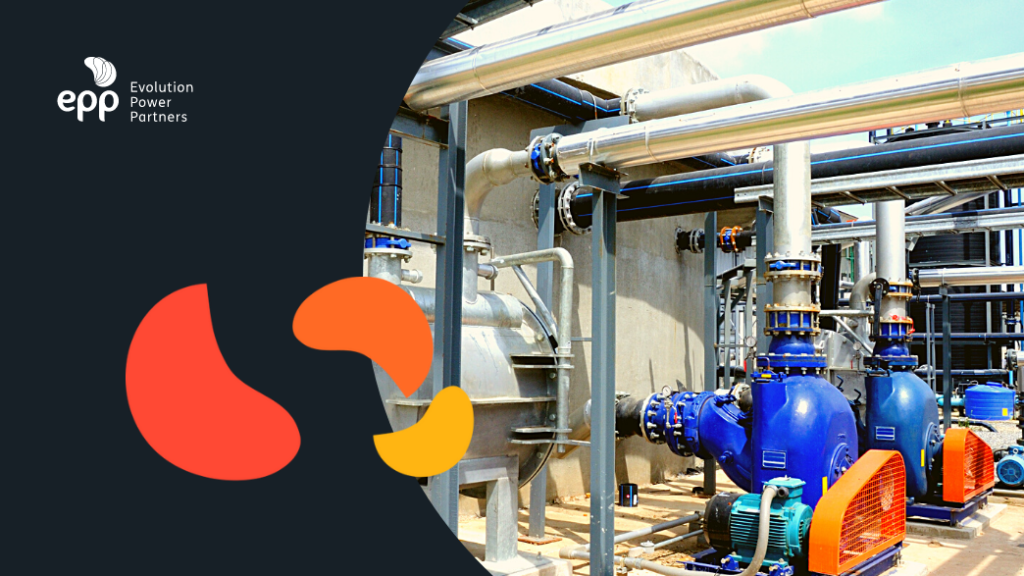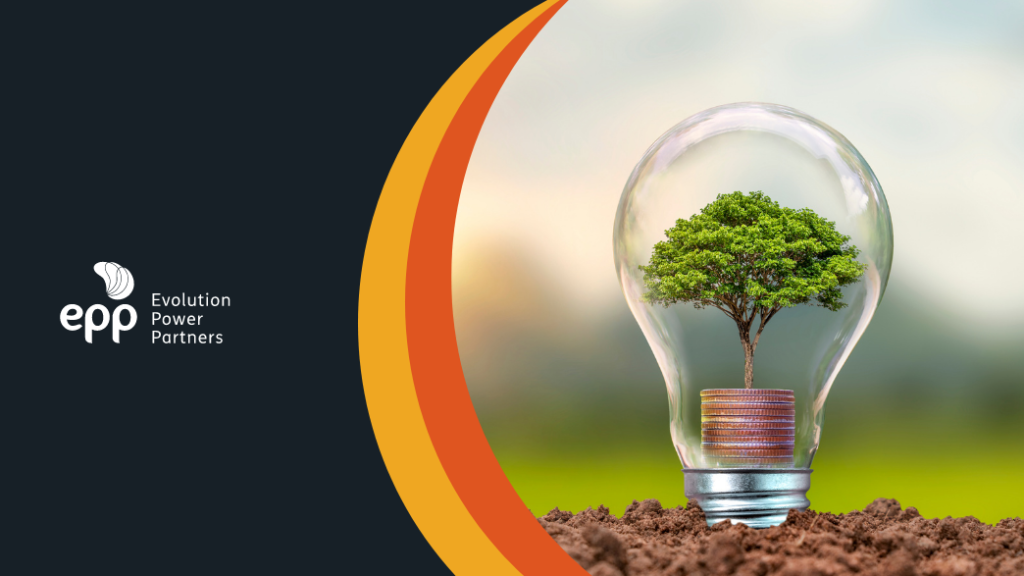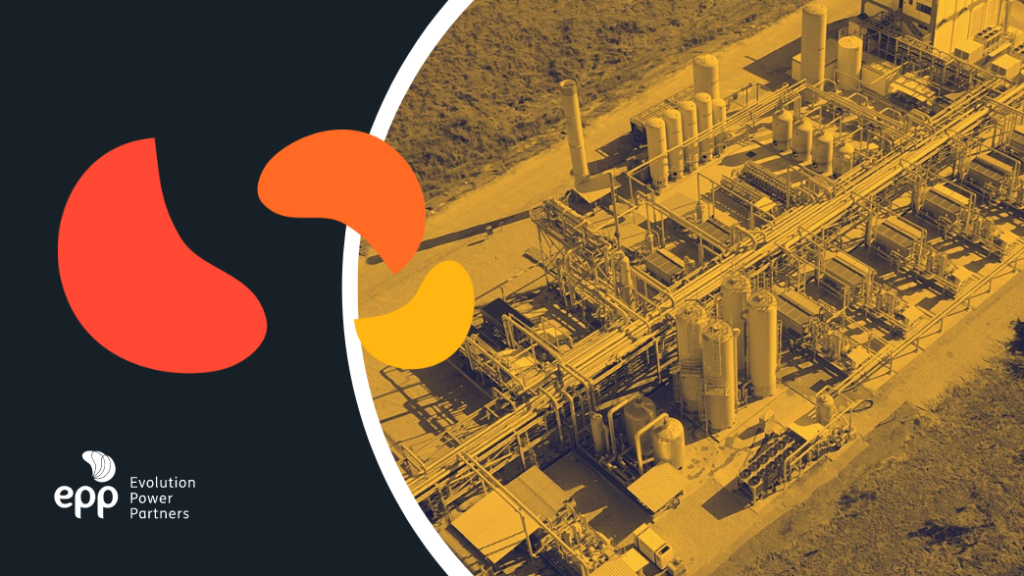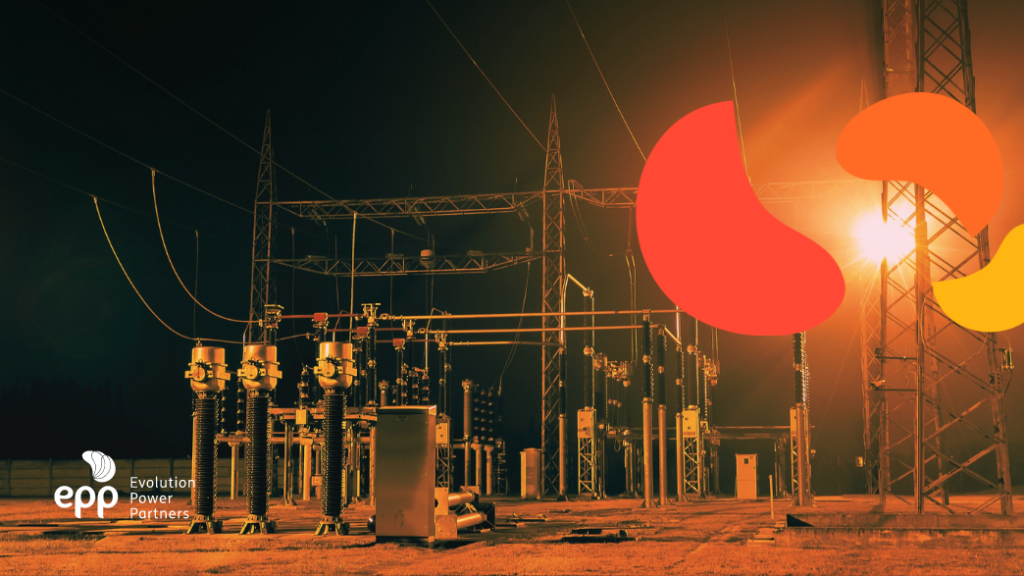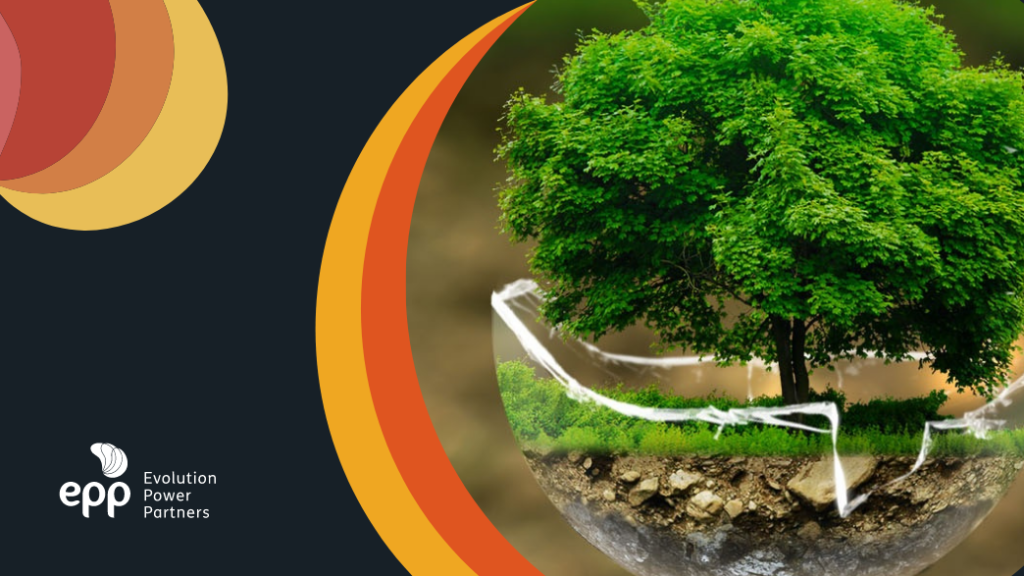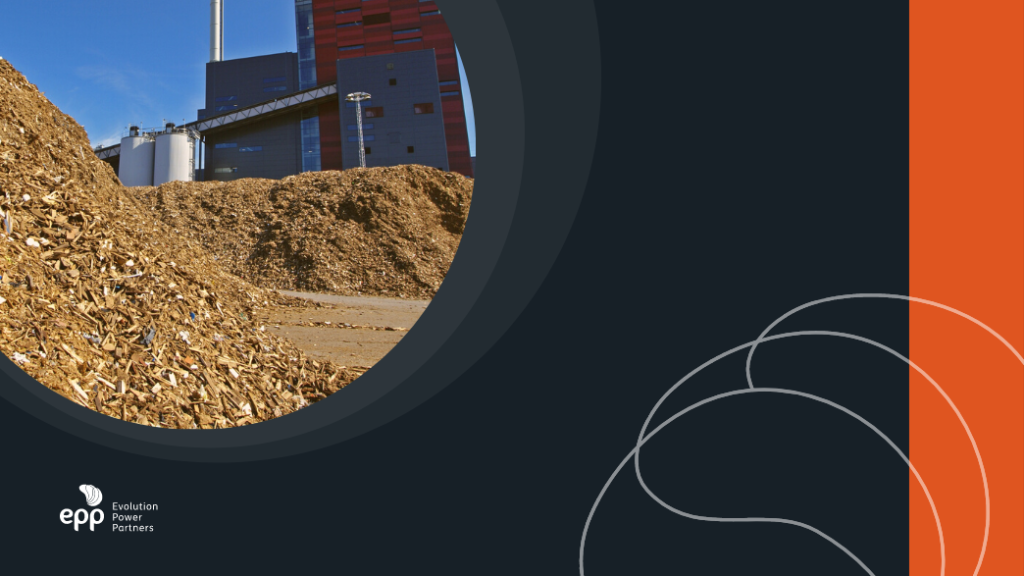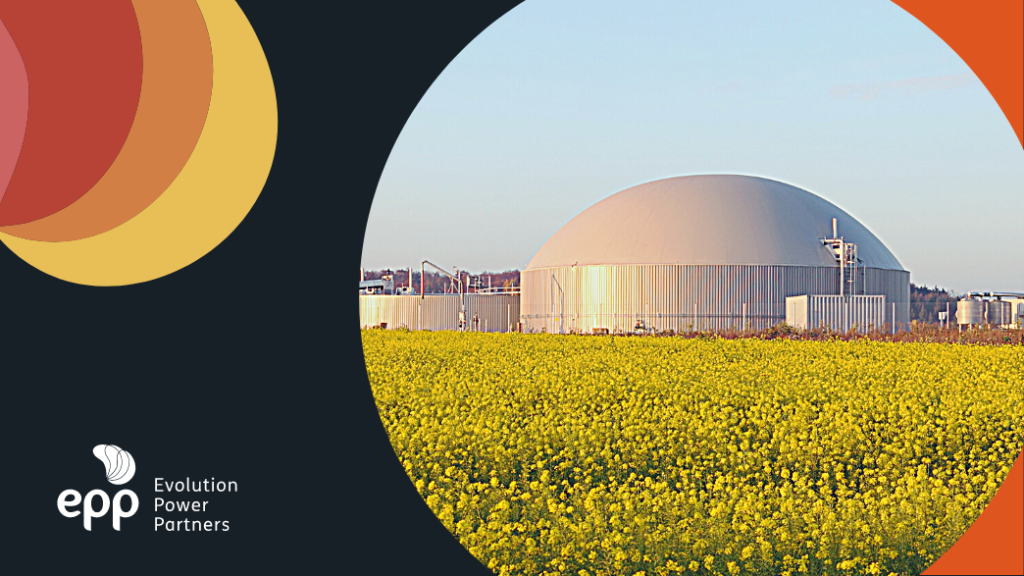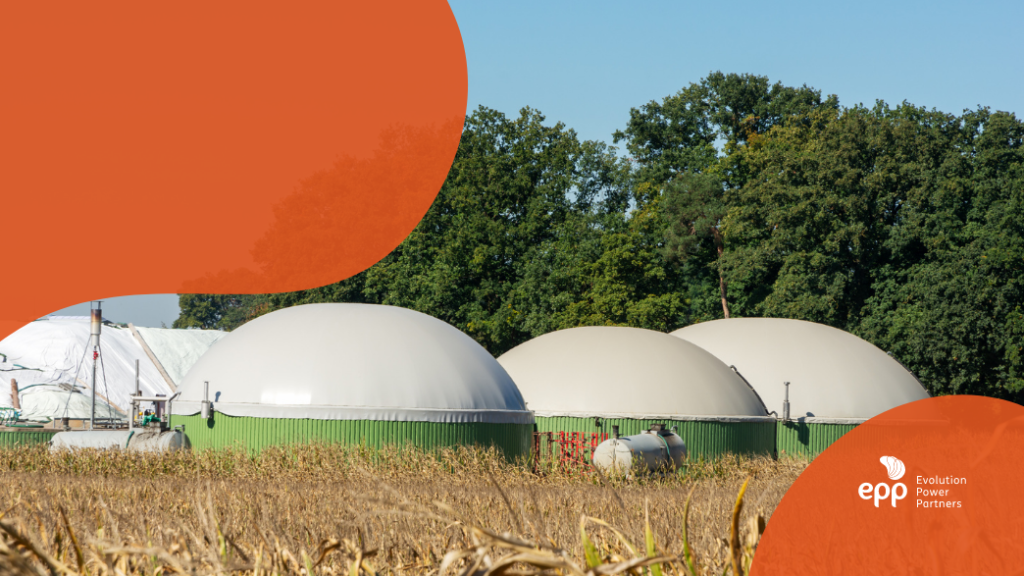Biogas in Brazil is an energy source that has enormous potential, but not yet explored. It is possible to obtain the gas from several sources, such as biomass, organic solid waste from sanitary landfills and animal waste. According to the Energy Research Company (EPE), currently the main source of biogas production is landfills, with 51%, followed by the beverage and food industries with 25% and swine farming with 14%.
Since the Industrial Revolution, the world's energy system has focused on the use of fossil fuels to generate energy and keep the entire production chain moving. Over time, this dependence has generated global shocks and geopolitical consequences, as countries that own oil wells centralize power due to the need for other nations to buy this commodity.
At a time of energy transition, the power of biomass stands out and gains strength as an alternative and viable energy source to expand on Brazilian soil. With the water crisis and consequently the energy crisis that the country has been experiencing since 2021, clean and renewable sources gain relevance in the development scenario.
What is the future of GD in 2022? On January 6, 2022, Law 14,300 was enacted, providing a real change in the distributed generation market. According to the Brazilian Association of Distributed Generation (ABGD), the law will bring legal certainty to contracts and economic advantages, increasing investments and adherence to the model.
